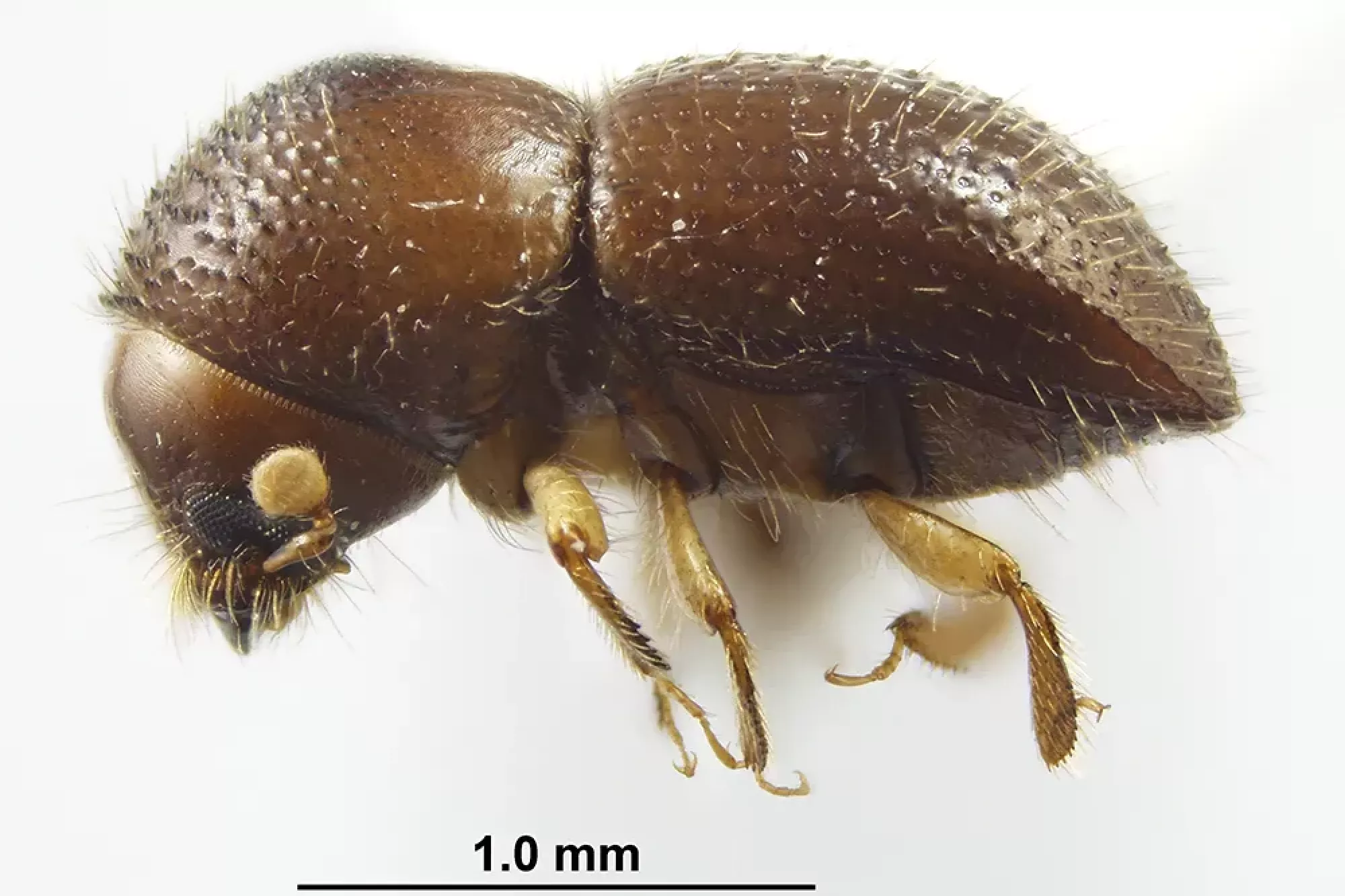
Firewood prohibited in all CapeNature reserves as a biodiversity precaution against Shot Hole Borer
After months of scientific research and in association with conservation stakeholders and expert engagement, CapeNature has taken the decision to prohibit firewood brought in by visitors in all their nature reserves. This precaution will be in effect from 01 April 2022 until further notice. The reason behind the strong measure is because of the very serious biodiversity threat in the form of the Polyphagous Shot Hole Borer beetle (PSHB). In the last few months, this beetle has become a very real and present threat to trees.
The Shot Hole Borer beetle, originally from Asia, has been causing devastation among trees, both indigenous and non-indigenous, not only in South Africa but across the world. First discovered in South Africa in 2017, the beetle has spread rapidly and is now well established in the country as a serious threat to biodiversity. The prohibition on firewood comes as a strategic approach to combatting the biodiversity threat the beetle brings.
PSHB infestations are most likely to be found at sites that are accessible to the public, particularly where they could have been introduced by infested firewood, in spots such as picnic sites, rest camps and along access roads. Due to their small size, the beetles are not easily detected in wood articles or packaging materials and therefore all forms of wood will have to be prohibited to contain the problem at a reserve and provincial level.
Instead, CapeNature encourages its visitors to bring along charcoal and/or eco-logs when staying overnight or picnicking at CapeNature reserves or buying it at the reserve (if available). These also serve as an environmentally friendly alternative. In addition, firewood sourced directly from a protected area /nature reserve may only be used in that specific protected area and this wood may not be removed from that area and transported further.
Dr Razeena Omar, CEO of CapeNature reiterates the seriousness of the matter: “We are appealing to the public in general and our patrons specifically, to protect our trees against this devastating threat by not bringing firewood into CapeNature reserves and to opt for fire alternatives such as charcoal and eco-logs. Reserves that generate their own firewood will be allowed to sell it at the reserve. The onus is on everyone to preserve local biodiversity by not allowing this threat to spread.”
Visitors are encouraged to contact CapeNature reserves ahead of their stay regarding the availability of firewood, charcoal and eco-logs on reserves, for purchasing. This can be done by emailing reservation.alert@capenature.co.za or calling 087 087 8250. Visitors are welcome to bring their own charcoal and eco-logs, however, any wood will be confiscated upon entry and responsibly disposed of.
Depending on availability,charcoal and eco-logs will be available for purchase at selected reserves upon arrival. Please contact the relevant reserve prior to your visit via our contact centre on 082 082 8250.
To learn more about the Polyphagous Shot Hole Borer beetle visit www.capenature.co.za/resources/polyphagous-shot-hole-borer-beetle-animated-presentation

Side image of shot hole borer. Image credit Dr Jiri Hulcr
Related News
How can I assist you today?
How can I assist you today?



